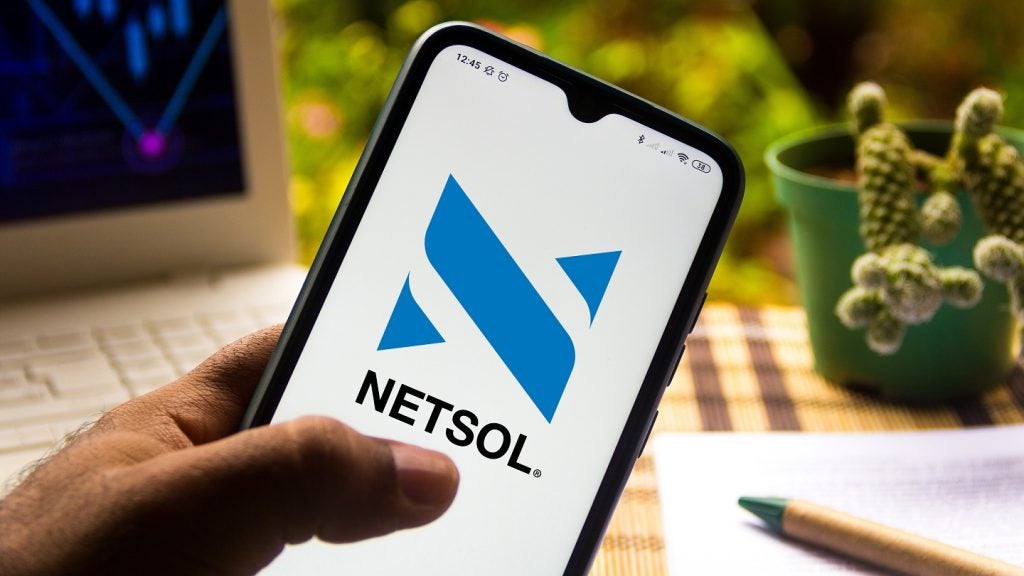Fred Crawley
interviews the man at the helm of the Captives Forum to find out
how a quarterly conversation between friends became an
international lobbying movement
The fervour
surrounding bank vendor finance programmes might give the
impression that the world of sales-aid finance is moving away from
the traditional captive model – but is the problem simply that
manufacturers are lacking a voice on the international
stage?
Not if Patrick
Jelly, chairman of the Captives Forum and managing director of
Pitney Bowes Global Financial Services, has anything to do with
it.
Fred
Crawley: How did the forum get started? 
Patrick
Jelly: The forum started six or seven years ago, when my
old colleague Bret Thomas [general manager at Xerox Global Leasing]
and I used to meet informally and share best practise. While there
were plenty of asset-specific discussion forums at the time, there
seemed to be nothing exclusively for captives. Captives, by virtue
of having only one customer, are always fighting the tendency to be
inward looking and out of touch with the marketplace, and welcomed
the chance to share best practise as a group.
FC: What’s
changed recently?
How well do you really know your competitors?
Access the most comprehensive Company Profiles on the market, powered by GlobalData. Save hours of research. Gain competitive edge.

Thank you!
Your download email will arrive shortly
Not ready to buy yet? Download a free sample
We are confident about the unique quality of our Company Profiles. However, we want you to make the most beneficial decision for your business, so we offer a free sample that you can download by submitting the below form
By GlobalDataPJ:
The forum was funded by Pitney Bowes and Xerox for the first few
years, and started as an informal gathering. As we took on more
members, however, we realised some larger companies wanted a bit
more formality, and a clear mandate. As such we registered as a
not-for-profit organisation two years ago, formed an executive
committee, and have seen a lot more external interest as a
result.
Our quarterly
meetings see us host speakers from national governments, the EU,
large professional firms – Moody’s will be presenting at the next
meeting – and we’ve been able to represent manufacturers on a truly
pan-European level. Our venues reflect this, cycling between Paris,
Brussels and London.
With a greater
level of formality came a need for the forum to act as a lobbying
organisation, because that’s where captives really need a single,
global voice. As such we’ve worked closely with Leaseurope’s
efforts on lease accounting, for example.
FC: What
are the rules in terms of membership, and how do you see that
changing?
PJ: Obviously, manufacturer ownership is
essential. In national-level forums, we find that banks tend to
dominate the agenda. For captives, however, the shared objective is
sales-aid performance rather than return; we are there to increase
manufacturer sales. Not that we would exclude people with local
bank relationships, that is. We also recognise the value of best
practise advice from companies such as GE Capital, which have gone
on to finance assets other than their own parent company’s, and
have engaged with them as speakers at meetings.
 FC: What about
FC: What about
the big automotive captives?
PJ:
We’ve never sought to exclude them at all, but historically they’ve
been well represented at national level. There has been more
interest recently, however, and we expect that over the next couple
of months one or possibly two of the large carmakers will join
us.
FC: What
are the biggest issues under discussion between
members?
PJ:
One big issue is the lack of funding for SMEs, and how as captive
lenders we are a major funder of SMEs but are excluded from any
borrowing schemes, government schemes, competitive funding rates
and the like. Pitney Bowes’ customer base, for example, is 80%
SMEs.
It’s wrong to
exclude captives from funding incentives, especially when banks are
not providing proactive support. There isn’t a deal done anywhere
in the world that doesn’t have a manufacturer selling something
first. Therefore our view is clear – we exist to provide a payment
solution. We’re lobbying government to get a voice, but it’s very
difficult at the moment.
FC: What
are members talking about in terms of internal, rather than
external, factors?
PJ: Customer retention. There’s a lot to be
talked about in terms of how we manage lease portfolios to provide
customer retention benefits to parent companies; how we provide not
just financial support but ensure that customer support is a key
part of what we provide to the manufacturer. Post, for example, is
a declining market, so how we in the finance arm of Pitney Bowes
help the group as a whole retain customers has been of massive
significance.
FC: It has
been argued that the prioritisation of sales aid over margin
associated with traditional captive finance is eroding as
captives’ parents are having to “think more like
banks” – what is your view on this?
PJ: The value of a captive is in helping a
manufacturer sell more and make more margin – as such, we try to
think utterly unlike a bank.
Yes, we are a
lending organisation so we have the same governance as anyone else,
but the difference is that as a true captive you live and breathe
your asset – you have a huge benefit in being able to leverage your
asset, and we use it to our advantage.
With the greatest respect to bank lessors, I feel that
captive operations can do a lot more for manufacturers, and the
Captives Forum exists to explore just how much that
is.







